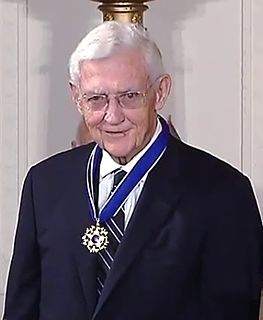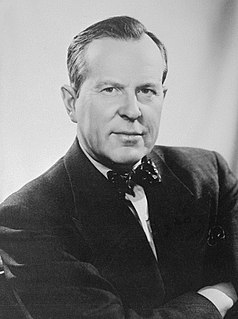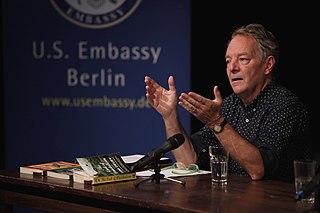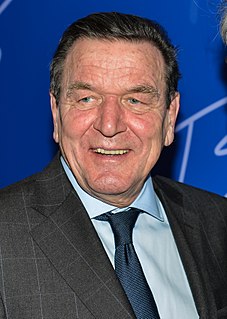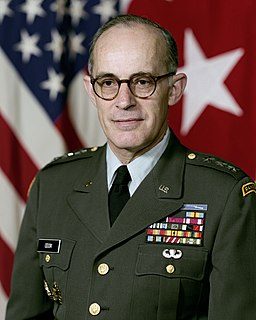A Quote by Tony Judt
I believe that if we think back to the period from F.D.R. through, let us say, Bush I, until the end of the Cold War, we lived through an artificial period in which American interests and European interests essentially dovetailed.
Related Quotes
That our government should have been maintained in its original form from its establishment until now, is not much to be wondered at. It had many props to support it through that period, which now are decayed, and crumbled away. Through that period, it was felt by all, to be an undecided experiment; now, it is understood to be a successful one.
That our government should have been maintained in its original form from its establishment until now is not much to be wondered at. It had many props to support it through that period, which now are decayed and crumbled away. Through that period, it was felt by all to be an undecided experiment; now, it is understood to be a successful one.
The ongoing war in Afghanistan is being imposed on us, and Afghans are being sacrificed in it for someone else's interests. We are not blocking the interests of the United States or other major powers. But we are demanding that if you consider Afghanistan the place from which to advance your interests, then you should also pay attention to Afghanistan's interests.
I think, most of us, when we look back over our lives, see perhaps moments when everything was dangerous and precarious. We're making all these mistakes, and yet somehow we make it through. It's the making it through that that interests me. To go through the valley of trouble and come out the other side. That's what we all have to do.
I know it feels like two steps forward and one step back, but we are making progress. In my lifetime, I have lived through one World War, I have lived through the end of Apartheid in South Africa, the pulling down of the Berlin Wall. I have experienced what I never thought I would have experienced, which is a pretty workable peace in Northern Ireland, and I experienced a unified Europe - until the Conservative government got its hands on the idea that in order to appease a few back-benchers they would hold a referendum, what a disastrous idea.
The American tradition of foreign policy exceptionalism, our grand strategy as a nation, reaches back much further. Really at the turn - the end of the 19th century, when we achieved power a generation after the Civil War, the outlines of an American vision came into focus, and what we - it was based on two things. One, our realization that our values and our interests were the same, and that our business interests would advance as our values advanced in the world.


